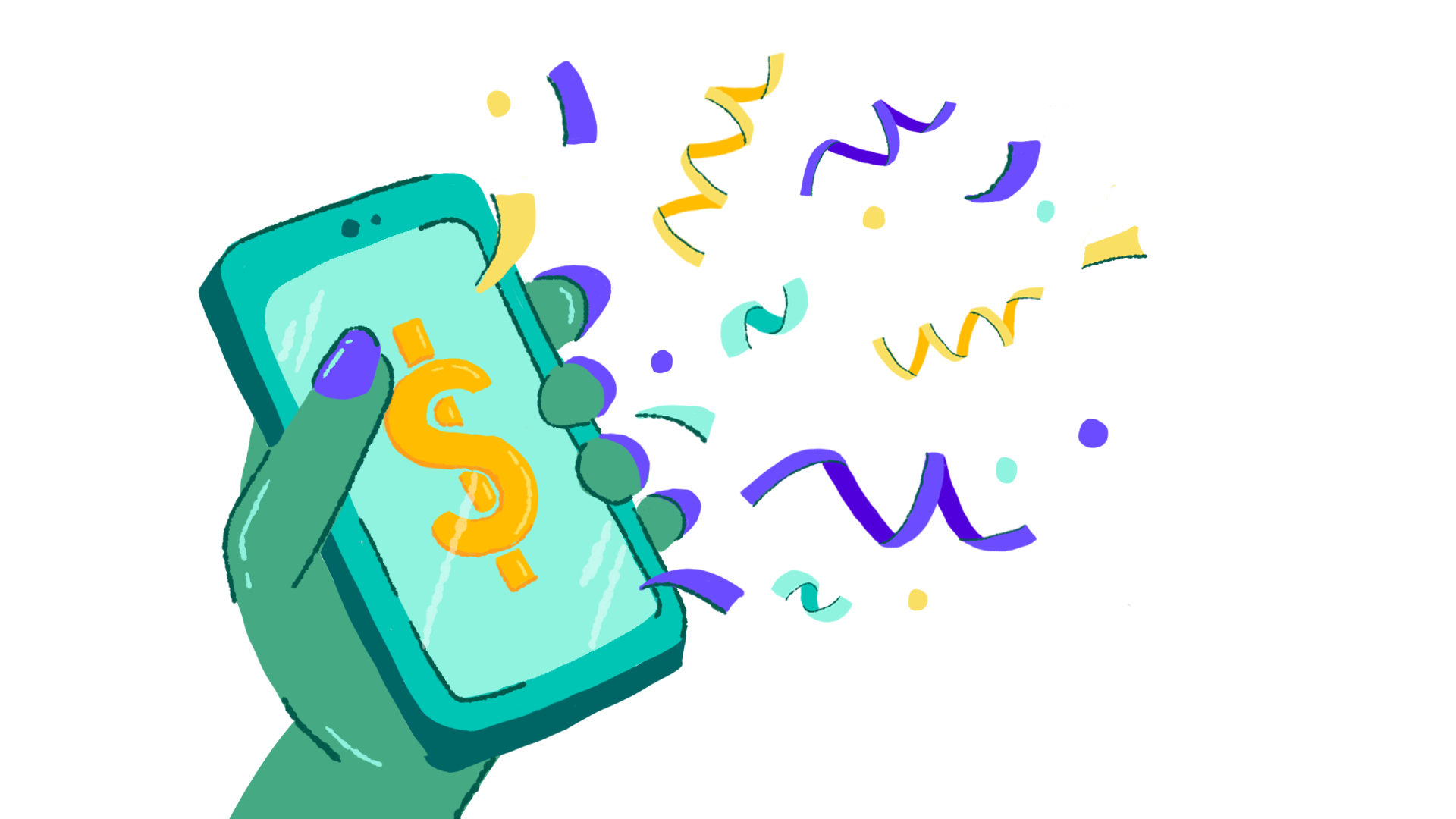The Story
Welcome to the real world. Where you’re tired all the time, everything costs money, and your take-home pay is a lot lower than you thought it’d be.
I’ve been wondering about that.
Between taxes, insurance, retirement contributions, and other deductions, it probably feels like your paycheck goes everywhere but your bank account. Checking your paystub can help you make sure you're getting what you deserve. Understanding it can help you make smarter financial decisions.

1. Basic Information
Like your name, employer’s name and address, pay period dates, and the number of hours you worked. Plus the check date and number.
2. Gross Pay
This is what you earned before taxes and deductions. It may be broken down by regular earnings and extras (overtime, commissions, bonuses, etc.). You’ll probably see one number for the current period and another that says YTD (year-to-date).
3. Required Deductions
Federal Tax: often listed as FED Tax, FT or FWT for Federal Withholding Tax...this is Uncle Sam’s cut. Your employer pays him on your behalf, so you don’t have to write a huge check every April. The amount depends on your earnings and how you filled out your W-4 form when you first started the job.
Psst...you can edit your W-4 anytime. Some moments when you should: you had a kid, got married, or cashed a big tax refund check.
FICA: short for the Federal Insurance Contributions Act. That includes contributions to Medicare (sometimes labelled MWT or Med) and Social Security (which your company might call SS, SSWT, or OASDI...short for Old Age, Survivors and Disability Insurance). Everyone has to pay into these programs. Think of it as an investment in your future as a retiree...if all goes according to plan.
State and Local Tax: pretty self-explanatory. Note these numbers can look really different if you move. Some states don’t charge any income taxes. Brb...moving to Florida.
4. Other Deductions
The (kinda) fun part. Because you’re getting something a liiitle more tangible for this money. With some of them, you aren’t even paying taxes first. Think: health insurance, life insurance, retirement savings, discount bus passes. Check that your employer is withholding the right amount for each category every month. Especially when you make changes, like bumping your 401(k) contribution or pressing pause on commuter benefits.
5. Net Pay
The really fun part. As in, the money leftover that hits your bank account. You can spend it on rent, food, debt, clown college, whatever your heart desires. This section may also include the net pay you’ve pocketed for the year (YTD).
theSkimm
Direct deposit is basically the eighth wonder of the world. But it’s not an excuse to ignore your paystub. Which can show you whether you’re getting paid the right amount, make it easier to track your income, and help you build a budget. Win-win-win.
Subscribe to Skimm Money
Your source for the biggest financial headlines and trends, and how they affect your wallet.






